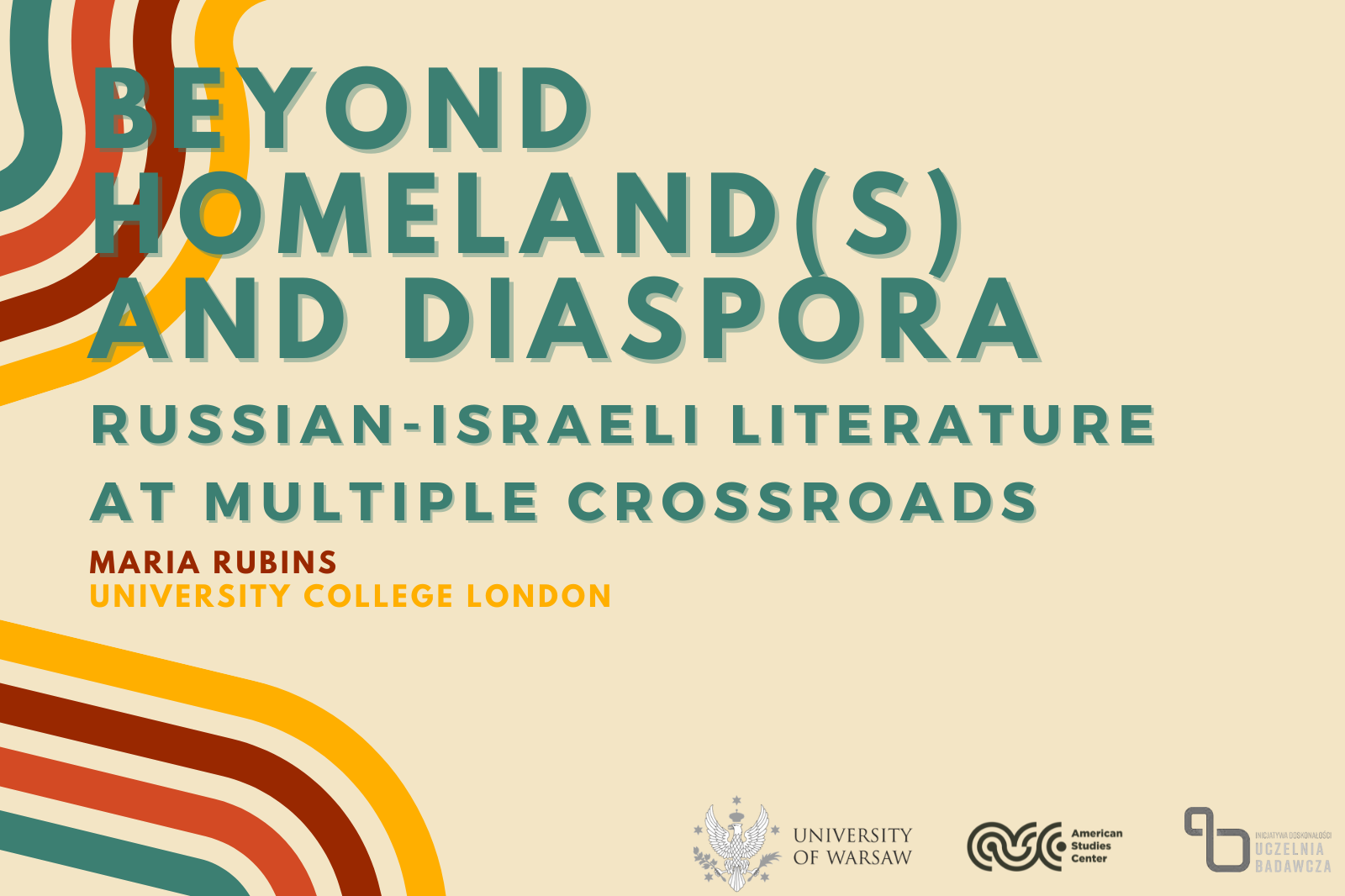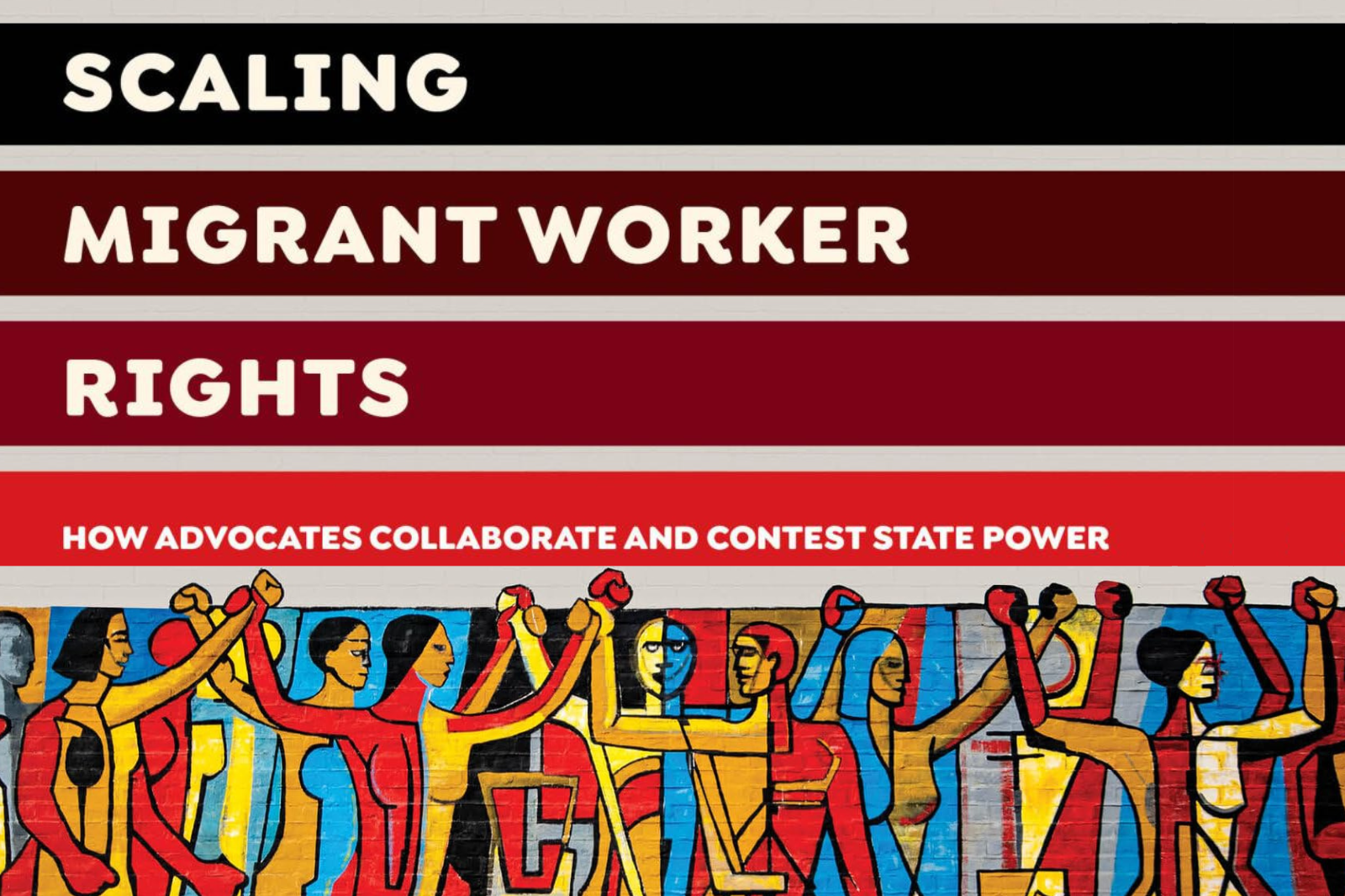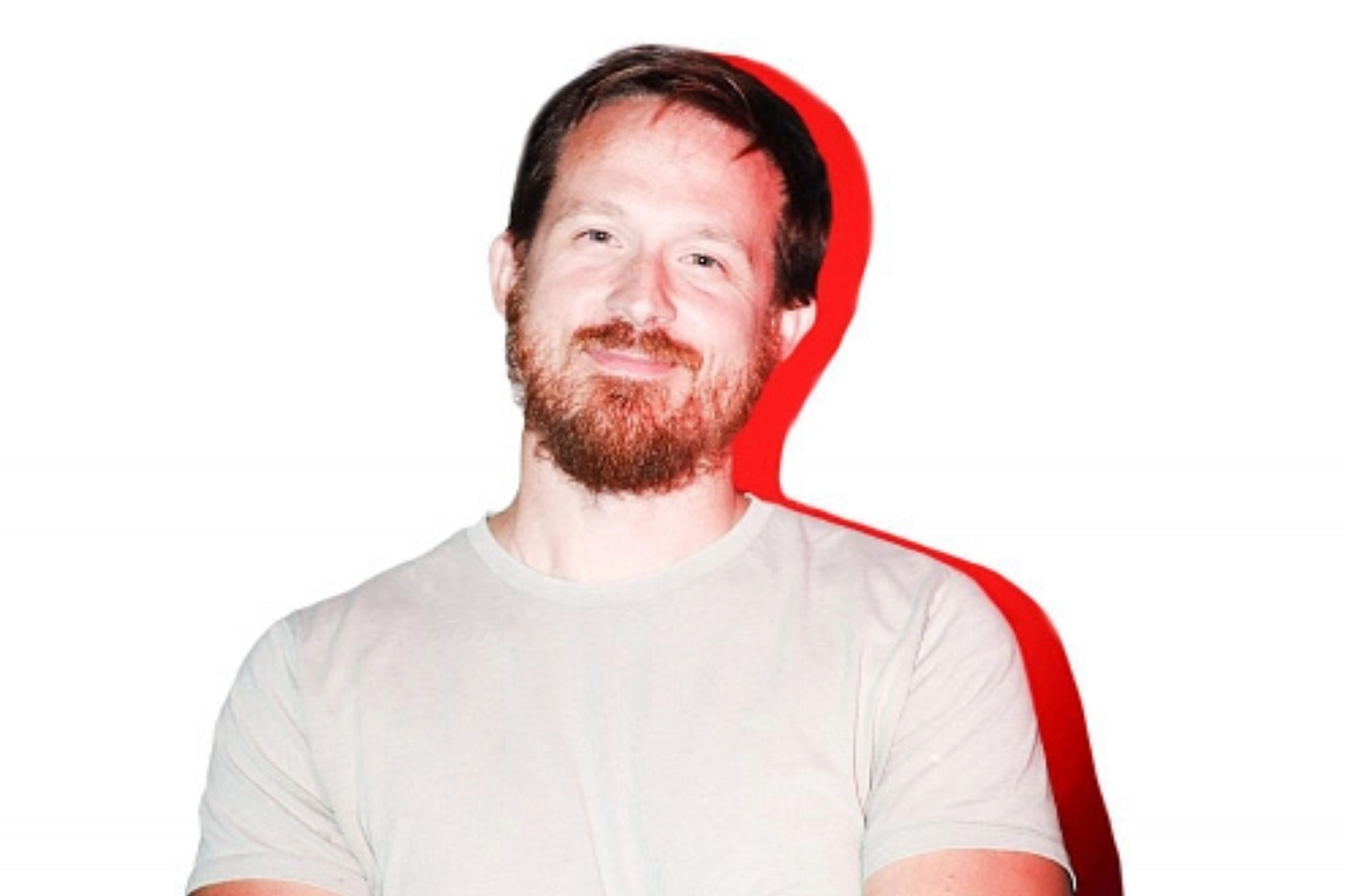Weird Fictions Research Group invites you to a talk by
Brittany A. Roberts
(Southeastern Louisiana University)
Ecological Intimacies in the Anthropocene: Horror, Ethics, and the Shadow of Nonhuman Difference
This event is a first meeting from the EcoGothic Landscapes series organized by the Weird Fictions Research Group members and their invited guests.
This fall they will talk about the messiness, the horror and the beauty of a transversal, intra-connected, deeply enmeshed world of human and non-human animals, plants, fungi… and more.
Monday, November 23, 2020
at 5:00pm
You can get 2 OZN points for participating in this event.
Where?
This is an online event. To attend, click the button below or enter https://us02web.zoom.us/j/81600058017 into your browser, and join the meeting.
What?
In this talk, Brittany Roberts argues that the horror genre offers a powerful means of confronting the traumas of the Anthropocene and, concurrently, imagining more ethical ecological futures. Horror often foregrounds species difference and human discomfort in the face of nonhuman agency, with much of the genre’s narrative tensions turning on the transgression of corporeal boundaries and depictions of human-nonhuman entanglement. In its radical openness to nonhuman presences and agencies, horror makes a spectacle of human embodiment and embeddedness, foregrounding the porousness of the body to nonhuman environments and agencies and, thus, facilitating recognition of the human-nonhuman assemblages we are always already involved in. By dramatizing the uncomfortable intimacies between humans and nonhumans that are the necessary result of occupying shared spaces, horror takes for granted an ecological—and ethical—awareness of our inescapable entanglements with others. Horror thus calls upon us to attend to ecological interconnectedness in ways that disrupt the oversimplified discourses of human exceptionalism, posing a challenge to the human/nonhuman binaries of traditional Western humanism.
Throughout this talk, Roberts foregrounds several questions urgent to the study of horror and ecological thinking in the Anthropocene: What does it mean to be ecologically aware, and why does it necessitate an abandonment of the label “human”? What does it mean to embrace the uncomfortable intimacies we share with the nonhumans who, as Timothy Morton writes, “obtrude on our awareness with greater and greater urgency”? Drawing on Morton’s theory of “dark ecology,” which underscores that ecological entanglement is often traumatic, frightening, and depressing, Roberts asserts that ecological ethics in the Anthropocene must, like horror, come to terms with what is ugly, violent, and cruel in coexistence. Following Morton’s call for a dark ecology, she considers how horror brings attention to the sometimes-violent, often-involuntary bonds we make with the planet and other species. She argues that, by foregrounding material entanglements among humans, animals, and the environment and demonstrating the urgency of rethinking what it means to be human on an environmentally devastated planet, horror is a valuable tool in advancing an ecological ethics appropriate to the complex challenges of the Anthropocene.
Who?
Brittany R. Roberts earned her Ph.D. in Comparative Literature at University of California, Riverside. Her work focuses on the environmental humanities and Russian and Anglophone literature and cinema, particularly the genres of speculative fiction. She is currently working on her first book project, which conducts a comparative analysis of Russian and American horror literature and cinema focusing on depictions of humans, animals, the environment, and the metaphysical dynamics that link them. She is especially interested in how speculative fiction genres like horror and science fiction disrupt the human/nonhuman binary by revealing long-disavowed connections between humans and other species. Her work has appeared in The Irish Journal of Gothic and Horror Studies, The Spaces and Places of Horror, Plants in Science Fiction: Speculative Vegetation, and the forthcoming collection Fear and Nature: Ecohorror Studies in the Anthropocene. She teaches courses in literature and writing in the Department of English at Southeastern Louisiana University.




